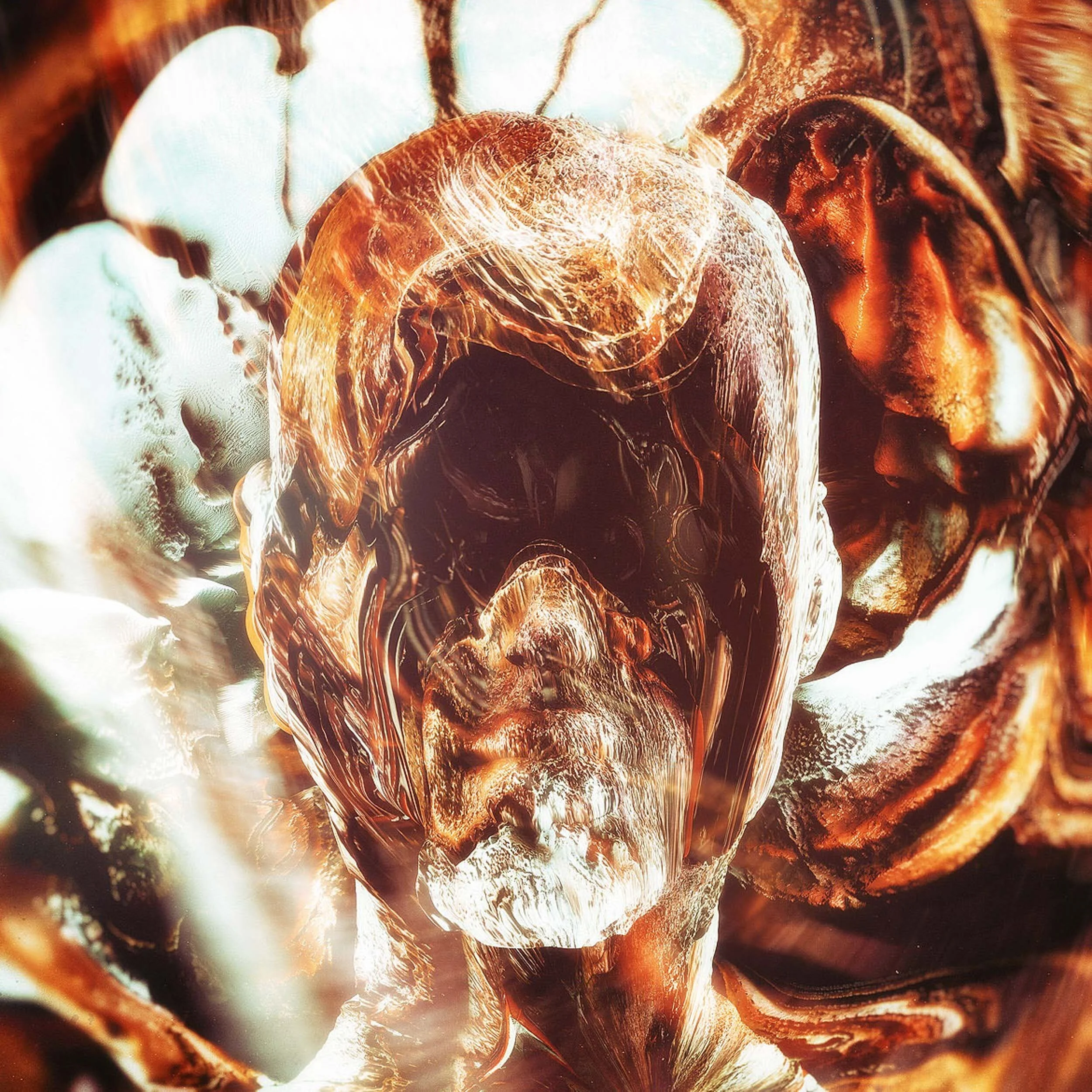This entry is an analysis of the fairness principle as provided for in Article 5(1)(a) of the General Data Protection Regulation. The analysis tracks this principle's uncertain contours and also points to its constitutional foundations with reference to Article 8 of the Charter of Fundamental Rights of the European Union.
Read MoreChildren and young people throughout the world have felt the effects of Coronavirus Disease 2019 and the decisions made in response to the public health crisis acutely. Questions have been raised about adequately protecting children’s privacy, as schooling, play and socialising went almost exclusively online. However, due to the historical lack of children’s rights being embedded throughout decision-making processes (including important participation rights), the effects of the increased surveillance as a result of the pandemic have not been thoroughly considered. This article pursues three objectives. First, it seeks to develop the literature on the enabling aspects of privacy for children in relation to education and play. Second, it seeks to expand the discussion on the exploitative risks endemic in not protecting children’s privacy, including not only violent harms, but commercial exploitation. Third, it suggests some policy responses that will more effectively embed a children’s rights framework beyond the ‘parental control’ provisions that dominate child-specific data protection frameworks.
Read MoreChildren's Rights and eSports.
Read MoreQUAD Tech Network, human rights and critical technologies.
Read MoreThis paper presents the notion of Virtue Signalling, a second order normative constraint that asks agents to perform actions that are unambiguously permissible. We discuss different definitions for Virtue Signalling, and show how this type of constraints can affect the behaviour of a robotic agent.
Read MoreIn this paper, we put forth an analysis of sensitivity which aims to discern individual from merely statistical evidence. We argue that sensitivity is not to be understood as a factive concept, but as a purely epistemic one. Our resulting analysis of epistemic sensitivity gives rise to an account of legal proof on which a defendant is only found liable based on epistemically sensitive evidence.
Read MoreWe present a quantitative study that links collective attention across two social media platforms -- YouTube and Twitter, around videos of controversial political topics.
Read MoreWe propose a new model, Radflow, for networks of time series that influence each other.
Read MoreThe entry is an overview of Decision Theory and philosophical work on this topic. We did revisions to this entry this year (2020). One major addition was to include recent work on (un)conscious "unawareness" about the epistemic possibilities, or the full suite of possible consequences associated with one's decision options.
Read MoreThe use of counterfactuals for considerations of algorithmic fairness and explainability is gaining prominence within the machine learning community and industry. This paper argues for more caution with the use of counterfactuals when the facts to be considered are social categories such as race or gender.
Read MoreIt is well-known that online behavior is long-tailed, with most cascaded actions being short and a few being very long. A prominent drawback in generative models for online events is the inability to describe unpopular items well. This work addresses these shortcomings by proposing dual mixture self-exciting processes to jointly learn from groups of cascades.
Read MoreWe present SupMMD, a novel technique for generic and update summarization of document collections based on the maximum mean discrepancy from kernel two-sample testing. SupMMD combines both supervised learning for salience and unsupervised learning for coverage and diversity.
Read More











